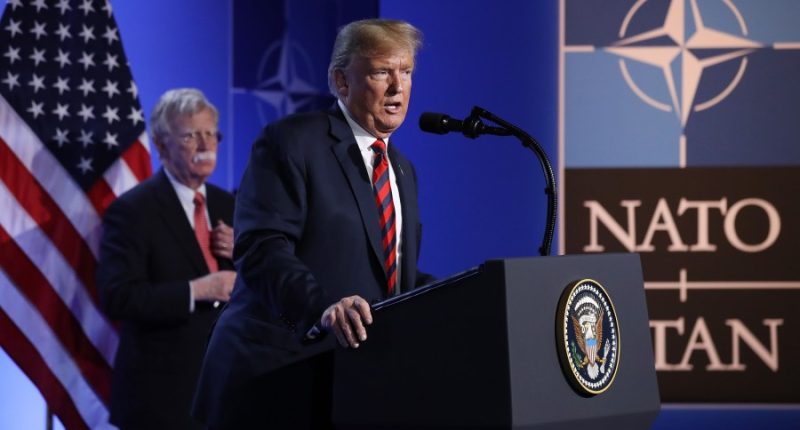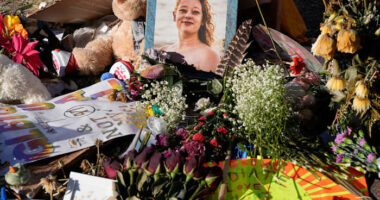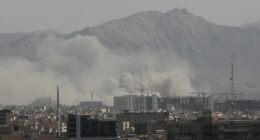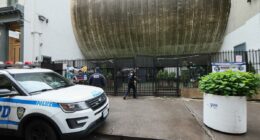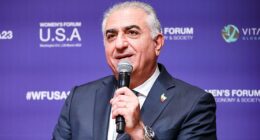Share this @internewscast.com

WASHINGTON () President Donald Trump is set to attend his first NATO summit since returning to the White House, but what was expected to be a meeting focused on defense spending is now overshadowed by escalating tensions in the Middle East.
Trump on Monday announced that Israel and Iran had reached a “complete and total ceasefire” just hours before departing for The Hague. The shift in hostilities is now expected to dominate the summit’s agenda, making this one of NATO’s most consequential gatherings since the Cold War.
Trump pushes for more NATO defense spending
The summit’s original focus was on a historic military spending pledge from members of the alliance, in which Trump demanded contributions of at least 5% of their GDP to defense.
Spain has already rejected the spending target, with Prime Minister Pedro Sánchez calling it “incompatible with our worldview.”
The ongoing war between Russia and Ukraine is also expected to be a top item, and observers are watching for a potential sideline meeting between Trump and Ukrainian President Volodymyr Zelenskyy. Their face-to-face meeting at the Group of Seven summit was canceled when Trump left early.
Focus is now long-term peace: Vance
Trump’s ceasefire announcement Monday followed an Iranian counter-attack on a U.S. military base in Qatar. The president dismissed the attack as a “weak response,” claiming Tehran had given advance warning.
Iran and Israel agreed mutually to stop fighting; however, both nations have since exchanged fire.
Before the deal faltered, Vice President JD Vance said the administration’s focus is to secure long-term peace.
“While we have obliterated the Iranian nuclear program, our hope and our expectation is that they’re not gonna try to rebuild that program,” Vance told Fox News. “I think that’s what the president is really trying to figure out here, is to build a long-term settlement here.”
US-Iran tensions at NATO
Over the weekend, the U.S. conducted “Operation Midnight Hammer,” which struck three Iranian nuclear facilities — Fordow, Natanz, and Isfahan.
Trump called the attacks a “spectacular military success” and has since floated the idea of a regime change in Iran if the “current Iranian Regime is unable to MAKE IRAN GREAT AGAIN.”
The fallout from Trump’s military strikes has already shaped the tone of the summit. NATO Secretary General Mark Rutte has avoided directly addressing the U.S. attacks, even as protests in The Hague, focused initially on military spending, have shifted to denouncing the new conflict.
The Associated Press contributed to this report.
